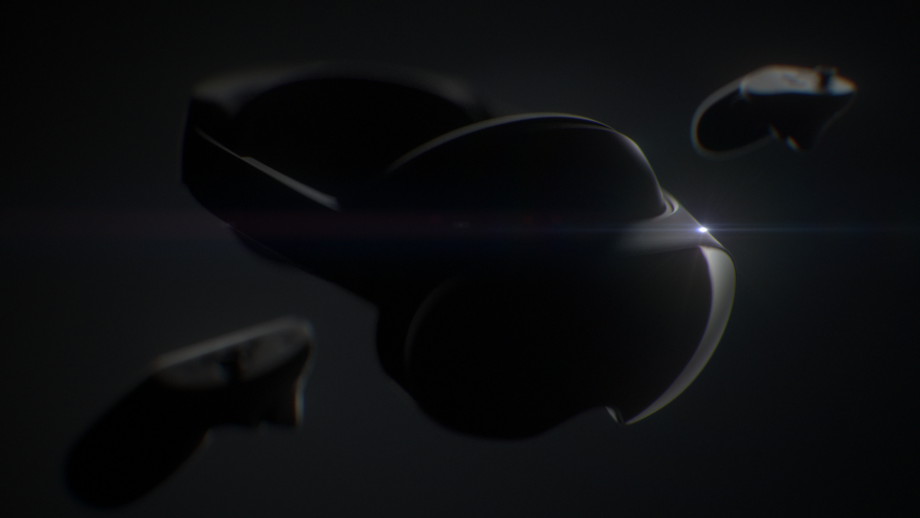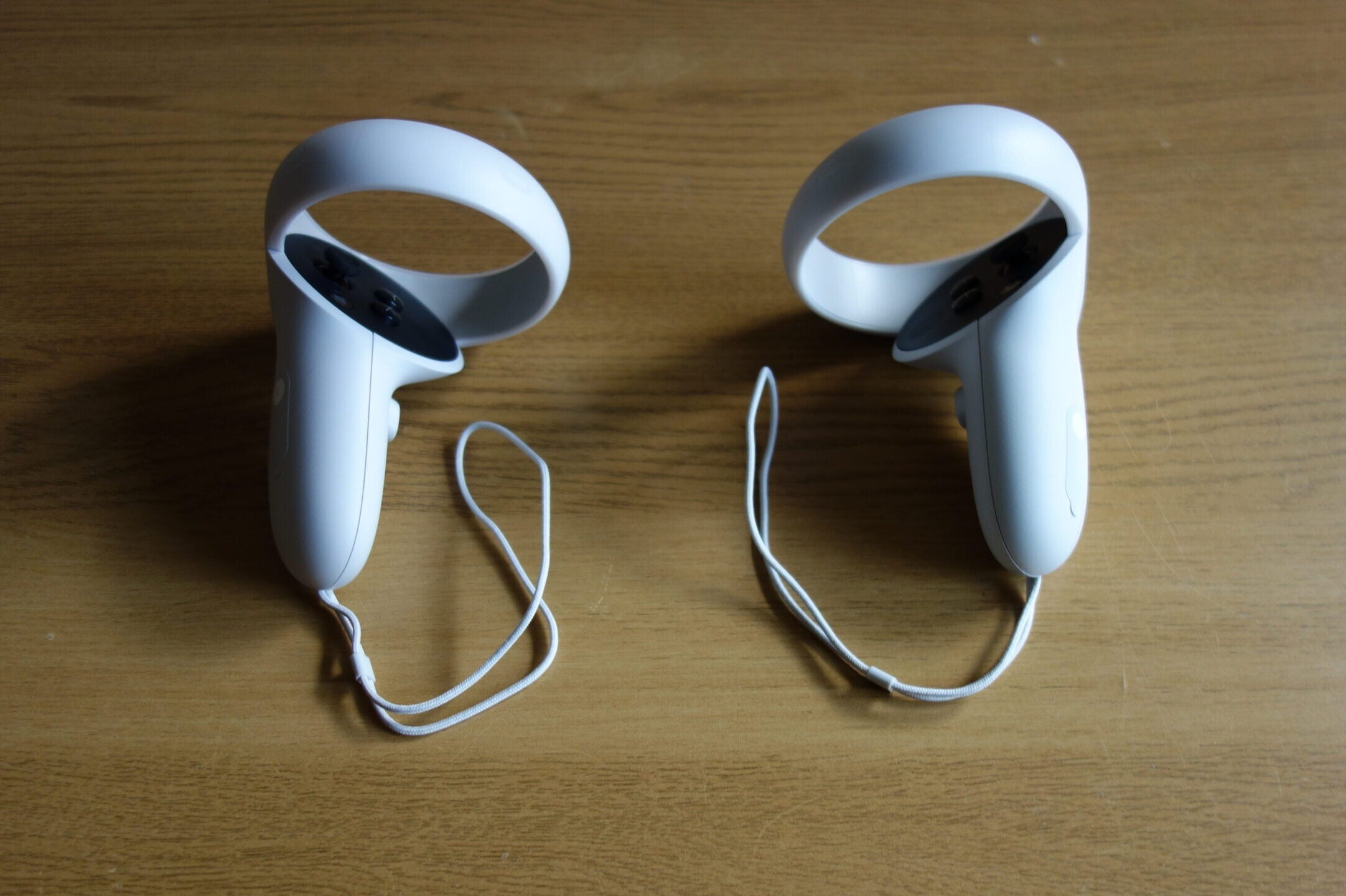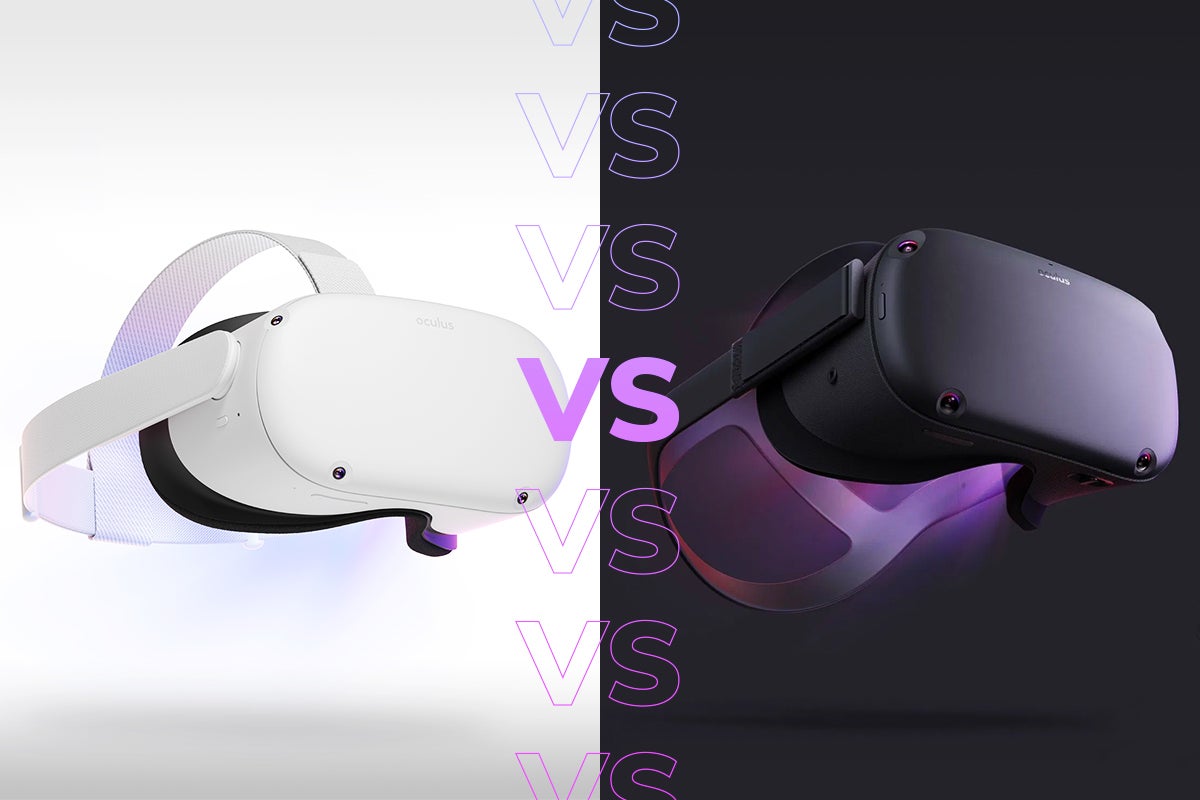Oculus Project Cambria teased as high-end mixed reality headset

Oculus has revealed Project Cambria, a forthcoming high-end mixed reality headset that will sit above the current Oculus Quest 2 and any possible future Quest 3 device.
Project Cambria was given an ever-so-brief tease during Facebook Connect will be a big part of Facebook’s new metaverse concept, where the real world blends with the virtual.
We don’t know much about the headset right now, but we know it includes technologies that aren’t possible within the current Oculus Quest headsets. There’s eye and face tracking, which Facebook says will reflect your expressions and allow you to maintain eye contact with those you’re interacting with in VR.
So, if you’re having a serious talk with someone in the metaverse about a sad topic, your avatar won’t be grinning at them like a Cheshire Cat.
Facebook didn’t get into specifics, but said there’ll be a real focus on mixed reality experiences. It’ll be capable of projecting objects into the real world with accurate depth and perspective. This will be possible thanks to as-yet-unspecified sensors and reconstruction algorithms. This will be aided by improved optics, as well the new Presence Platform developer tools that have been designed for mixed realty.
The company says it’ll release more details about the headset next yet, but says third-party developers are already working on experiences for Project Cambria, which will naturally get a new name before it reaches the masses at a price point much higher than the current £300 Quest 2.
In a post on the Oculus blog, the company says: “This isn’t a Quest 2 replacement, or a Quest 3. Project Cambria will be a high-end device at a higher price point, because it’s going to be packed with all the latest advanced technologies, including improved social presence, color Passthrough, pancake optics, and a lot more.
“The experiences developers create with Presence Platform—which includes Passthrough API, improved hand and voice interactions, and so on—will really shine when the hardware leaps forward, and we’re designing Project Cambria for people who want to start testing out a new kind of computing on the cutting edge of what’s possible today. We’re excited to share more, so stay tuned.”





